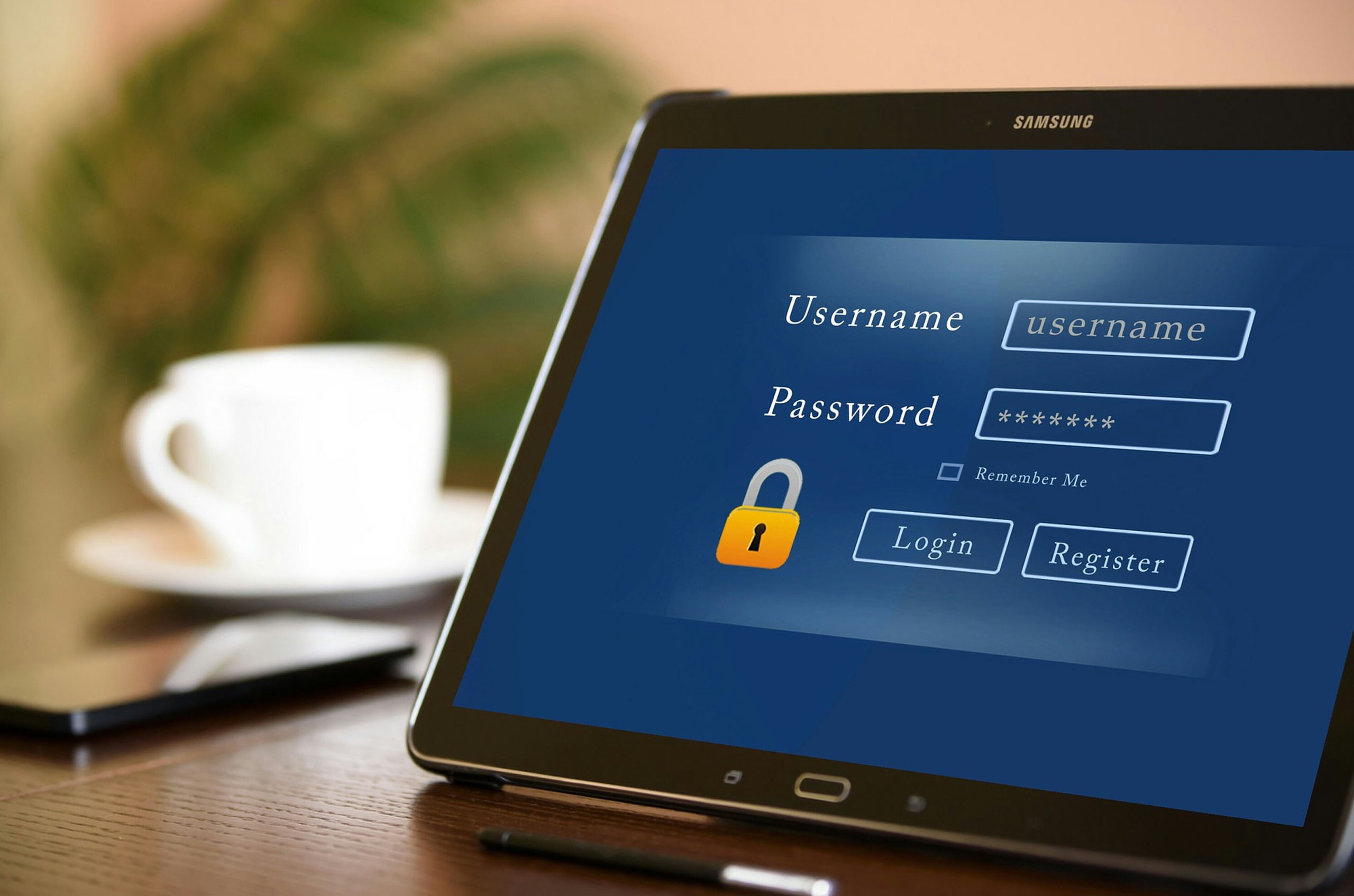Announcements of data breaches have become so common that consumers know exactly what the standard protocol is after one of these data breaches: change your password for the account on that platform, keep a watchful eye on all of your accounts, and potentially put a credit freeze on your credit file. But how many people truly perform these tasks after a data breach?
A recent study performed by Carnegie Mellon found that when consumers receive the announcement of a data breach that has affected them, only one-third of users will change their passwords. The data from this study was collected on real-world web traffic of two-hundred and forty-nine people over a two-year period. After the announcement of data breaches, many people did not even change their passwords immediately. Often, it took weeks to months for these people to change their passwords.
When the announcements come out that a company that with which you have shared your information has suffered a data breach, take that announcement seriously. Your not taking the necessary steps to limit your exposure to an identity theft incident will surely cost you in the long run.
Even if it hasn’t been released that a company has had a data breach, you should regularly change your password for each platform as a safety protocol. Once a hacker has your password, they can take advantage of the open door to your accounts. One easy step to that you can take to close the door is to change your password.
LibertyID provides expert, full service, fully managed identity theft restoration to individuals, couples, extended families* and businesses. LibertyID has a 100% success rate in resolving all forms of identity fraud on behalf of our subscribers.
*Extended families – primary individual, their spouse/partner, both sets of parents (including those that have been deceased for up to a year), and all children under the age of 25

